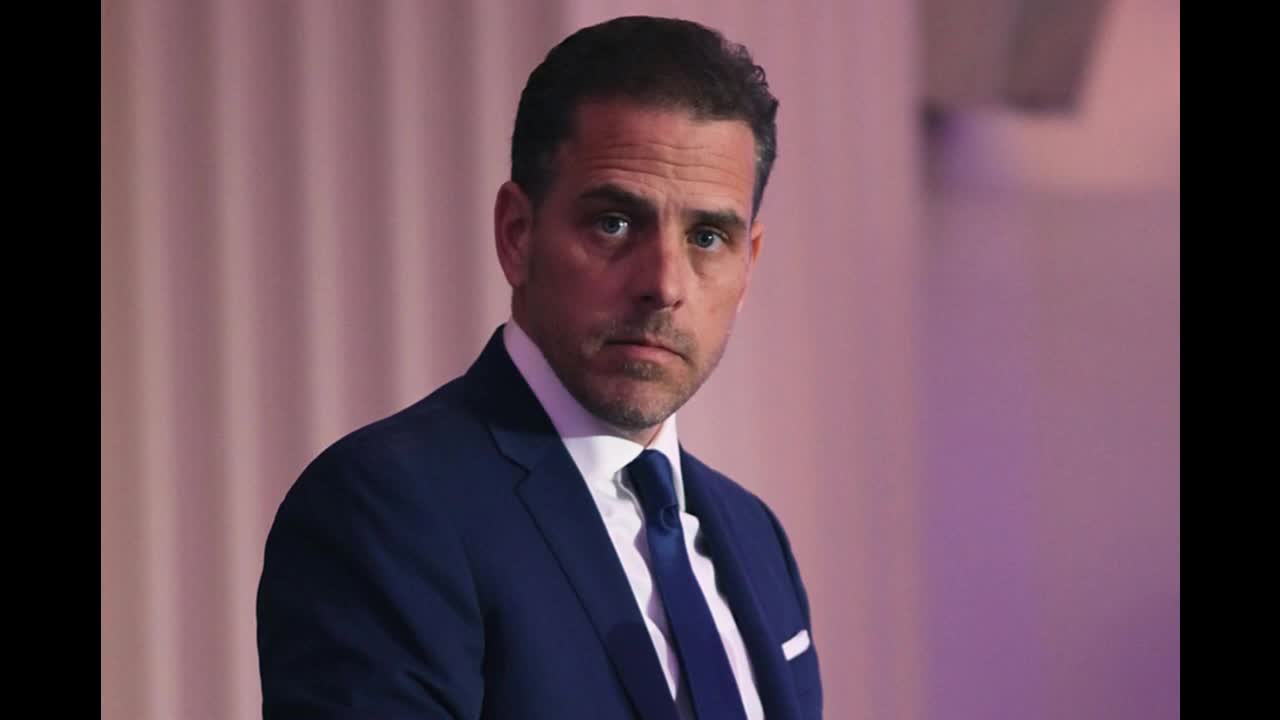Hunter Biden’s Candid Plea: A Personal Struggle and Legal Battle
Hunter Biden has stepped into the spotlight, openly discussing his decision to plead guilty to nine federal tax charges. His remarks reveal a personal struggle that is deeply intertwined with complicated legal and political narratives. In a heartfelt statement, Hunter expressed a strong desire to protect his family from further distress. He acknowledged the immense pressure and scrutiny they have faced throughout this ordeal. “I will not make my family suffer more pain, more invasions of privacy, and needless embarrassment,” he stated, showing awareness of the toll his actions and ongoing legal battles have inflicted on his loved ones.
The Impact of Addiction on Accountability
In an effort to explain his past mistakes, Hunter pointed to his battle with addiction as a significant factor in his failure to timely file and pay taxes. “Addiction is not an excuse, but it explains some of the mistakes I made,” he shared candidly. This admission opens up a conversation about how personal hardships intersect with legal accountability. For Hunter, survival often took precedence over meeting tax obligations. While this plea might represent an attempt for him to move forward in life, it also raises broader questions about accountability versus privilege in our society.
The Legal Framework: Charges and Allegations
The legal proceedings against Hunter are led by Special Counsel David Weiss, who has charged him with three felonies and six misdemeanors related to $1.4 million in unpaid taxes—an issue that Hunter claims he has since resolved. Weiss’s allegations suggest there was deliberate evasion of federal income taxes over several years, alongside accusations of filing false tax returns. These serious charges highlight a troubling pattern of neglect and deceit.
Speculation About Leniency Due to Privilege
Despite pleading guilty, speculation about potential leniency looms large over Hunter’s case—especially considering his well-known familial ties. Conversations surrounding the possibility of a presidential pardon add fuel to this speculation fire, even though Joe Biden has previously dismissed such notions outright. Critics argue that Hunter’s experience within the legal system reflects undue privilege linked to his last name—a sentiment echoed by IRS whistleblower Gary Shapley who pointed out instances of “special treatment and political interference” affecting how Hunter’s case has been handled.
A Political Shadow: The Broader Implications
The consequences of Hunter’s legal troubles ripple beyond just personal impacts; they cast a long shadow over the political landscape as well. As the first child of a sitting U.S. president charged with a crime and found guilty, Hunter’s situation invites intense scrutiny while fueling partisan debates across America. His attorney Abbe Lowell has hinted at potential challenges against the charges laid out by prosecutors; however, as it stands now, Hunter remains free on bond while awaiting sentencing scheduled for December 16.
Sentencing Possibilities: The Justice Department’s Role
The Justice Department has noted that federal sentencing guidelines typically result in penalties that are less than what is statutorily maximumed out for certain crimes—but still leaves open the chilling possibility that Hunter could face up to 17 years behind bars if sentenced harshly. This case underscores an intricate web woven from personal failings, attempts at justice, and complex political dynamics—all converging together to shape what many see as an unprecedented narrative in American history regarding Hunter Biden’s legal journey.


Leave a Comment